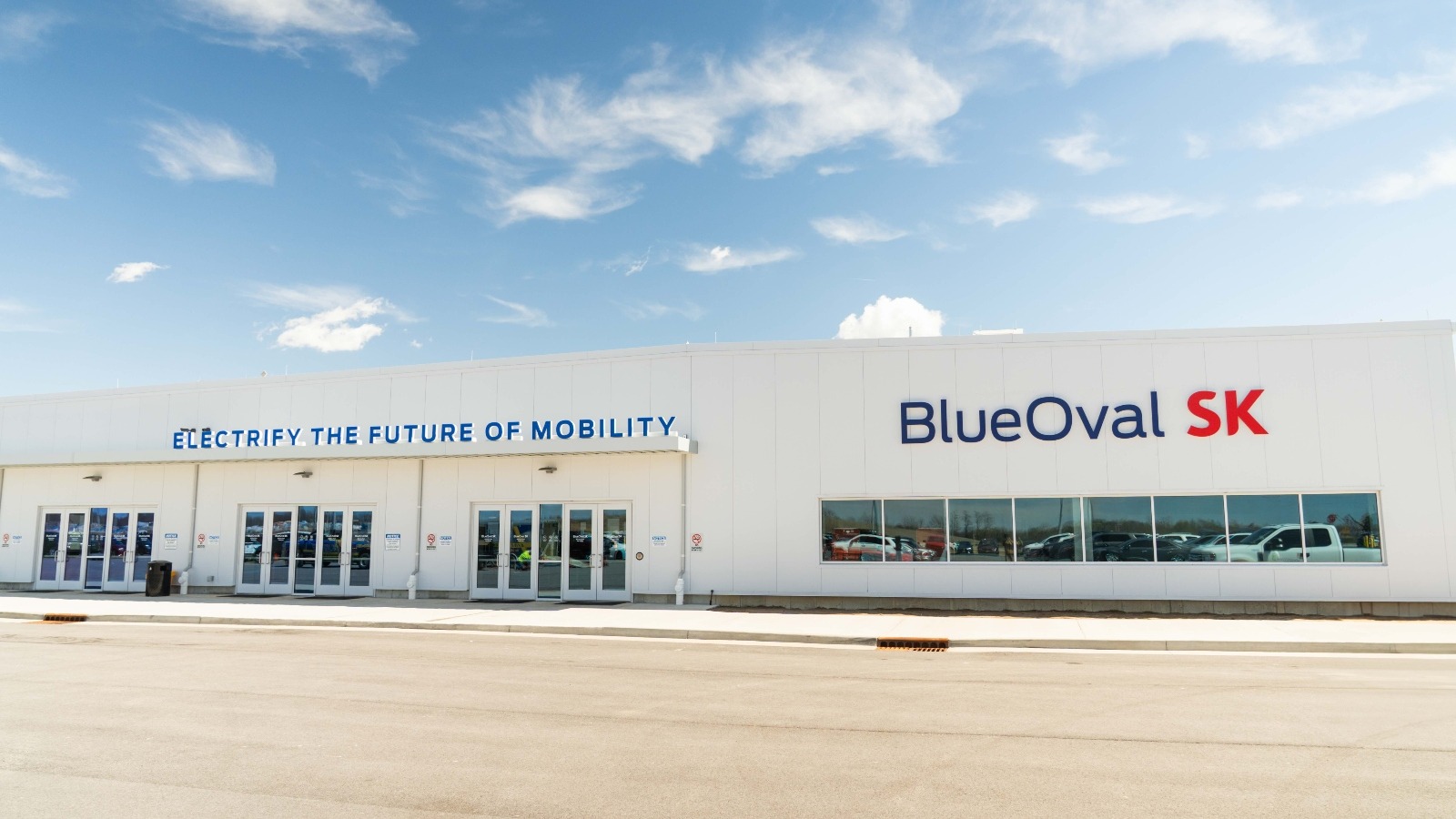Sustainability, Vol. 17, Pages 5287: Toward Sustainable Solar Energy: Predicting Recombination Losses in Perovskite Solar Cells with Deep Learning
Sustainability doi: 10.3390/su17125287
Authors:
Syed Raza Abbas
Bilal Ahmad Mir
Jihyoung Ryu
Seung Won Lee
Perovskite solar cells (PSCs) are emerging as leading candidates for sustainable energy generation due to their high power conversion efficiencies and low fabrication costs. However, their performance remains constrained by non-radiative recombination losses primarily at grain boundaries, interfaces, and within the perovskite bulk that are difficult to characterize under realistic operating conditions. Traditional methods such as photoluminescence offer valuable insights but are complex, time-consuming, and often lack scalability. In this study, we present a novel Long Short-Term Memory (LSTM)-based deep learning framework for dynamically predicting dominant recombination losses in PSCs. Trained on light intensity-dependent current–voltage (J–V) characteristics, the proposed model captures temporal behavior in device performance and accurately distinguishes between grain boundary, interfacial, and band-to-band recombination mechanisms. Unlike static ML approaches, our model leverages sequential data to provide deeper diagnostic capability and improved generalization across varying conditions. This enables faster, more accurate identification of efficiency limiting factors, guiding both material selection and device optimization. While silicon technologies have long dominated the photovoltaic landscape, their high-temperature processing and rigidity pose limitations. In contrast, PSCs—especially when combined with intelligent diagnostic tools like our framework—offer enhanced flexibility, tunability, and scalability. By automating recombination analysis and enhancing predictive accuracy, our framework contributes to the accelerated development of high-efficiency PSCs, supporting the global transition to clean, affordable, and sustainable energy solutions.
Source link
Syed Raza Abbas www.mdpi.com

